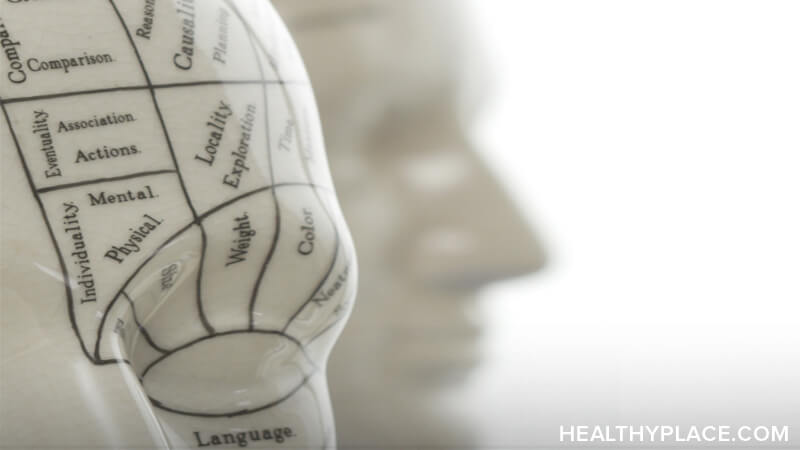Comprehensive Mental Health Services: Sustaining Your Well-Being
Comprehensive Mental Health Services: Sustaining Your Well-Being
Blog Article
Exploring the Connection Between Nourishment and Mental Health Renovation
The implications of our dietary options on mental wellness have been increasingly recognized by health professionals and scientists alike. As we navigate the facility landscape of modern-day lifestyles, uncovering the nuanced partnership in between nutrition and mental health renovation might hold the key to unlocking a much deeper understanding of our emotional and cognitive resilience.
Influence of Food on State Of Mind
The partnership in between dietary choices and state of mind guideline is a critical element of comprehending the effect of food on mental wellness. Research study has shown that certain foods can affect natural chemical activity, affecting state of mind and moods. As an example, foods rich in omega-3 fats, such as fatty fish, walnuts, and flaxseeds, have been linked to reduced rates of depression and boosted mood regulation.
Additionally, complex carbohydrates discovered in entire grains, fruits, and veggies can aid manage blood glucose levels, which consequently can have a favorable influence on state of mind stability. On the other hand, diets high in processed foods, sugar, and saturated fats have been connected with a boosted risk of clinical depression and mood conditions.
Moreover, the gut-brain connection plays a significant function in state of mind policy. The intestine microbiome, influenced by the foods we eat, can communicate with the mind via the gut-brain axis, affecting state of mind, stress and anxiety levels, and general mental wellness. Making conscious and nourishing nutritional selections is important for preserving a healthy and balanced and well balanced mood.
Vital Nutrients for Anxiousness

Exploring the duty of particular nutrients in taking care of anxiousness conditions sheds light on the complex relationship in between diet and psychological health and wellness. Omega-3 fatty acids, typically located in fatty fish like salmon and flaxseeds, have been connected to reduced anxiousness levels due to their anti-inflammatory residential or commercial properties that sustain brain wellness.
Additionally, the amino acid tryptophan, located in foods like turkey, eggs, and nuts, is a precursor to serotonin production, a natural chemical known for its function in advertising sensations of calmness and well-being. Mental Health Services. Vitamin B complex, especially B6 and B12, are additionally essential for keeping a healthy nerves and might help in reducing stress and anxiety signs
Including these important nutrients right into a well-balanced diet plan can have a favorable influence on managing stress and anxiety and boosting overall psychological health.
Dietary Techniques for Anxiety

One nutritional strategy for handling clinical depression is focusing on foods rich in omega-3 fatty acids, such as fatty fish, flaxseeds, and walnuts. Omega-3 fatty acids have been linked to lowering inflammation in the brain and improving neurotransmitter function, which can positively impact mood. In addition, increasing the consumption of fruits, vegetables, whole grains, and lean proteins while decreasing the intake of processed sugars and foods might assist in easing depressive signs and symptoms.
Moreover, maintaining appropriate degrees of vitamin D, either via sunshine exposure or supplementation, is vital for supporting mental health and wellness. Vitamin D deficiency has been related to an increased threat of clinical depression, making it critical to ensure sufficient consumption of this nutrient. By including these nutritional techniques, individuals may effectively enhance traditional therapies for depression and enhance their total well-being.
Gut-Brain Axis and Mental Health And Wellness
Focusing on the intricate link in between the intestinal system and mental health, the Gut-Brain Axis plays a pivotal duty in influencing cognitive functions and psychological wellness. The Gut-Brain Axis is a bidirectional interaction network in between the central worried system and the enteric anxious system, linking the cognitive and emotional centers of the brain with peripheral intestinal features. This axis is controlled by an intricate interaction of neural, immune, endocrine, and metabolic pathways.
Study suggests that the composition of intestine microbiota, the varied neighborhood of bacteria staying in the intestinal tract, can have an extensive effect on psychological health. Discrepancies in gut microbiota, called dysbiosis, have been connected with conditions such as anxiety, anxiety, and even neurodegenerative conditions. Additionally, the intestine microbiota plays a vital role in the production of natural chemicals like serotonin, which is crucial for controling state of mind and emotional actions.
Maintaining a healthy intestine microbiota with a well balanced diet rich in fiber, fermented foods, and probiotics is critical for supporting mental health and wellness. Approaches focused on optimizing the Gut-Brain Axis supply promising avenues for improving emotional wellness index and cognitive feature.
Nourishment's Duty in Cognitive Feature
Offered the considerable impact of the Gut-Brain Axis on psychological health, understanding how nutrition impacts cognitive function becomes extremely important in advertising total health. Nourishment plays an essential duty in cognitive function by providing important resource nutrients that support brain health and optimum efficiency.
Key nutrients such as omega-3 fatty acids, vitamins, minerals, and anti-oxidants are recognized to improve cognitive capacities, including memory, focus, and problem-solving abilities. Omega-3 fats, discovered in fatty fish like salmon and nuts, have actually been linked to improved memory and cognitive feature. Anti-oxidants, abundant in vegetables and fruits, assistance safeguard brain cells from damages created by complimentary radicals, therefore preserving cognitive function.

Conclusion
To conclude, the relationship in between nutrition and psychological health and wellness is diverse and intricate. The effect of food on mood, crucial nutrients for anxiousness, dietary approaches for anxiety, the gut-brain axis, and nourishment's role in cognitive feature all play crucial duties in mental wellness. Understanding the connection in between nutrition and psychological health and wellness renovation is vital for advertising overall health and addressing psychological health problems. Further research study and recognition around are needed for progressing go right here interventions and treatments.
The effects of our dietary choices on mental wellness have been significantly identified by health experts and scientists alike. As we navigate the complicated landscape of contemporary way of lives, discovering the nuanced connection between nourishment and mental health improvement might hold the key to unlocking a deeper understanding of our emotional and cognitive durability.
Building upon the vital nutrients that support mental health, specifically in managing anxiety conditions, the focus now changes in the direction of checking out nutritional methods for addressing depression.Concentrating on the complex link between the intestinal system and mental wellness, the Gut-Brain Axis plays a pivotal role in affecting cognitive features and emotional well-being. Recognizing the link between nutrition and mental health renovation is crucial for advertising overall health and resolving mental health and wellness problems.
Report this page